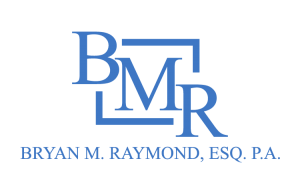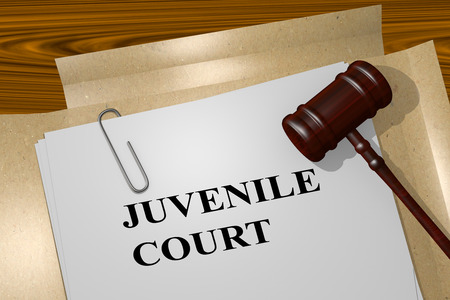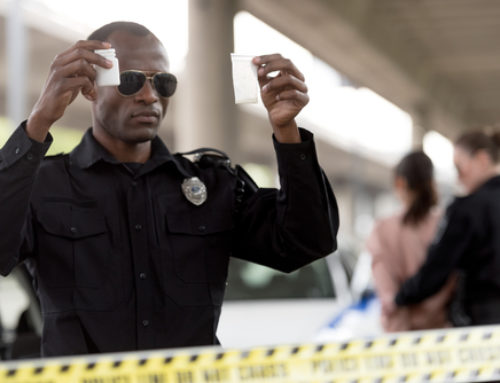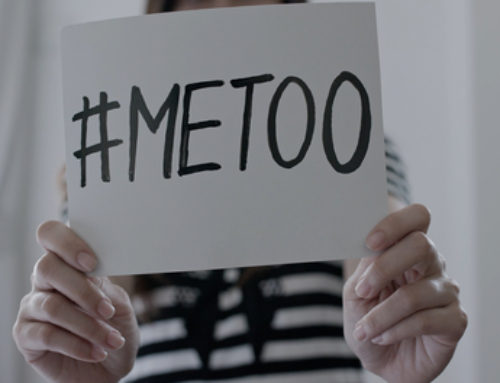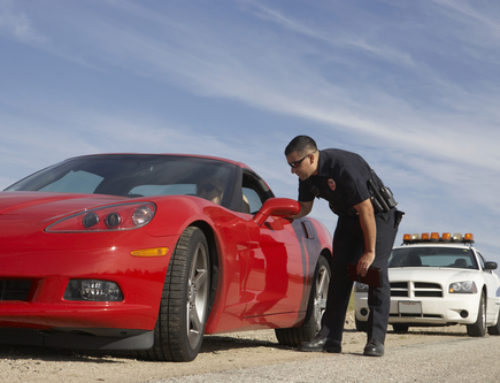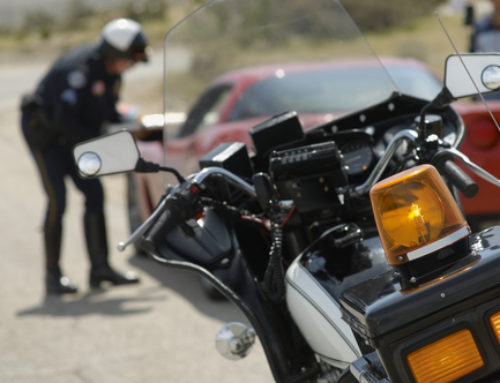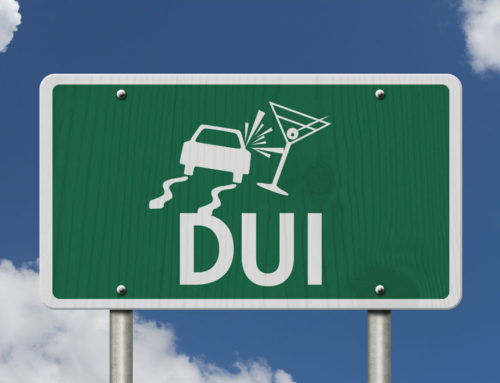Your son or daughter has been arrested in Florida under suspicion of having committed a crime. After “What did my child do?”, your first thought may be whether your minor child can be charged as an adult. Florida law attempts to keep most minors under 18 outside the adult criminal justice system in favor of having their cases adjudicated in the juvenile justice system. However, in certain circumstances, a minor accused of committing a crime can be charged as an adult and the case will be adjudicated in the adult criminal justice system as if the minor were over the age of 18. This is typically reserved for only the most serious offenses, as Florida (and most other states) prefer to handle criminal offenses committed by minors through the juvenile justice system. In Florida, this is the Florida Department of Juvenile Justice. Nonetheless, worrying whether your child will be tried as an adult in Florida in connection with a criminal offense is not an idle concern; a 2014 MSNBC report found that Florida leads the nation in charging juveniles as adults. The results can be increased punishments, loss of access to services meant to help the juvenile offender, and a vastly increased chance the juvenile will end up in prison.
Florida Law and Procedures Regarding Criminal Offenses Committed by Minors
Minors under 18 in Florida suspected of committing a crime are first referred to the Florida Department of Juvenile Justice for evaluation. This differs from the procedure for criminal defendants over 18, in which a person charged with having committed a crime is simply arrested. Once a juvenile has been referred to the Department for Juvenile Justice, the Department makes recommendations to the State Attorney’s Office and the Court regarding the next steps in the minor’s adjudication. The first is a detention screening focusing on risk assessment. The punishment in Florida’s juvenile criminal court system for crimes committed depends on the juvenile’s age, seriousness of the crime, and other factors. This again contrasts with the process for criminal defendants over the age of 18.
When Can a Minor Be Charged as an Adult? Why is Being Charged in Adult Court Detrimental to the Juvenile?
Florida is one of a small number of states that has a “direct file” statute which permits a prosecutor to file charges directly against a juvenile in adult criminal court without receiving authorization from a judge. Under this law, enacted in 1978, prosecutors can charge 14- and 15-year-olds in adult court for any one of 21 specified felonies, and 16- and 17-year-olds for any felony at all. The prosecutor’s decision to send a child to adult court via direct file is not subject to judicial review and cannot be appealed. It can, however, be seriously detrimental to the juvenile.
Juvenile court is geared towards rehabilitation, while adult court emphasizes punishment. Being charged in juvenile court allows the juvenile’s family to participate in the proceedings, unlike in adult court. Children in adult court also lose access to the services, such as specialized counseling and support groups, provided in the juvenile justice system. Juveniles charged as adults have also been shown to have higher recidivism rates (i.e., they are more likely to commit crimes in the future) than those charged in juvenile court. In addition, juveniles charged in adult court can also be followed by their criminal records in a way that those charged in juvenile court are not, such as difficulty having their voting rights restored after a conviction or sealing access to their criminal record.
Contact Experienced West Palm Beach Juvenile Defense Attorney Bryan Raymond if Your Child Has Been Arrested for or Charged with a Criminal Offense in Palm Beach County
Experienced West Palm Beach juvenile defense attorney Bryan M. Raymond of the Law Office of Bryan Raymond has represented numerous juveniles who have been charged as adults in Florida. Regardless of whether your child has been charged as an adult and his or her case is proceeding in the adult criminal justice or is instead being handled in the juvenile justice system, call experienced juvenile defense attorney Bryan Raymond today at (561) 682-1115 or [email protected].
Copyright: hafakot / 123RF Stock Photo
